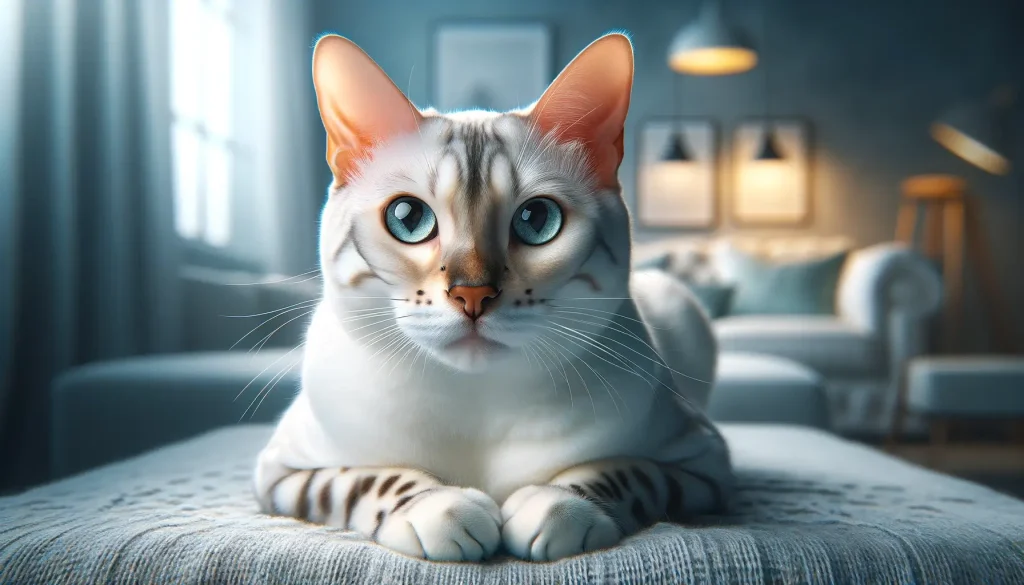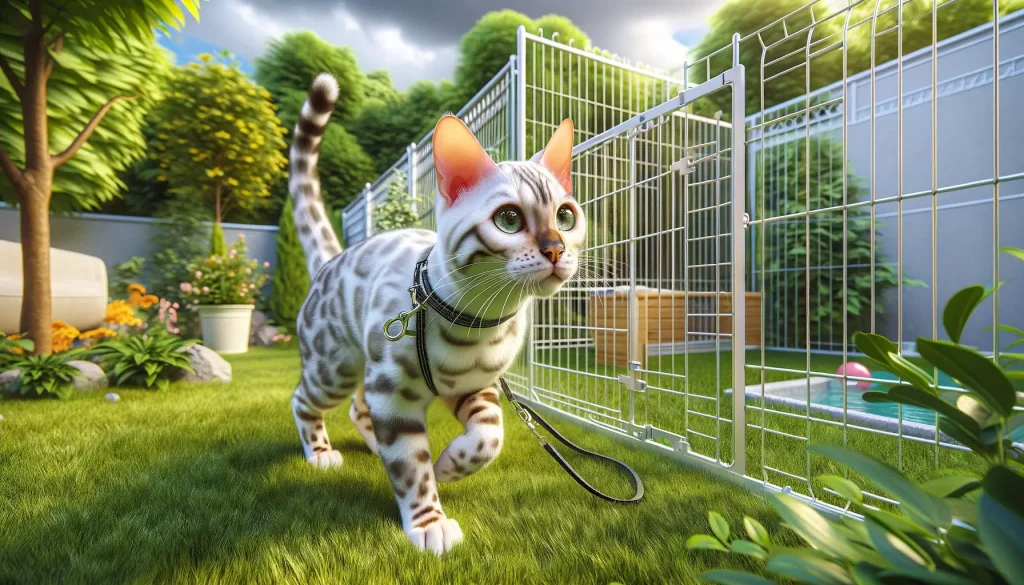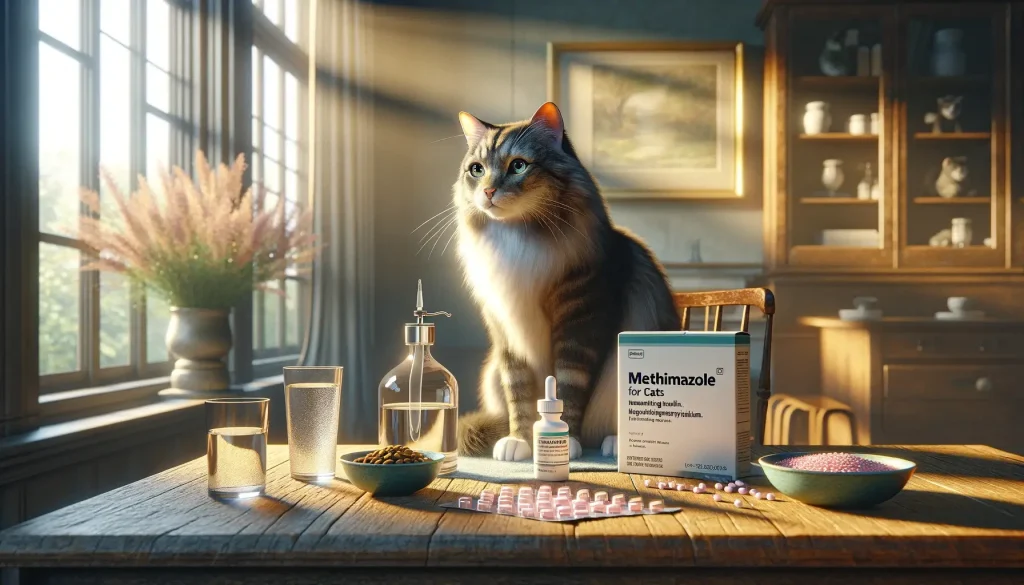
Why are White Bengal Cats So Fascinating?
White Bengal cats are a unique and exquisite variety of the Bengal breed that have captured the hearts of cat enthusiasts around the world. Known for their striking white coats and contrasting markings, these felines are not only a marvel to look at but also possess intriguing traits and personalities. The allure of photographing such a mesmerizing pair in Atlanta showcases the beauty these cats carry and the challenges they present in capturing their essence. But what makes the White Bengal cat stand out among other exotic pets, and how does one ensure their well-being and happiness?
Understanding the needs, characteristics, and proper care of White Bengal cats is essential for potential and current owners. This guide aims to delve into the fascinating world of White Bengal cats, highlighting their traits, care needs, and what makes them such sought-after companions. From their history to their playful nature, we cover the critical aspects to consider when welcoming one of these stunning animals into your home. But what specific care do these beautiful creatures require to thrive, and how do their personalities influence their care?
FAQs on White Bengal Cats
When talking about White Bengal cats, curiosity arises. What should you know before bringing one into your home? Here are frequently asked questions to guide you.
What sets White Bengal cats apart?
White Bengal cats boast unique white coats and distinctive markings, making them stand out. Their origin, tied to wild ancestors, gives them a captivating look and behavior distinct from most domestic cats.
How do you care for their fur?
Despite their luxurious coats, White Bengals are relatively low maintenance. A weekly brush suffices. Yet, their light-colored fur might show dirt more easily, so regular grooming is key.
Are White Bengal cats friendly?
Yes, they’re known for their playful, affectionate nature, although personal space is essential to them. Early socialization is critical to fostering their friendly demeanor.
Can they live with other pets?
With proper introductions and socialization, White Bengals can coexist with other pets. Their lively personality often makes them good companions for other active animals.
What is their lifespan?
With proper care, White Bengal cats can live 12 to 16 years. Regular veterinary checks are crucial for early detection of health issues common in Bengals, like heart problems.
Do they need special diet considerations?
High-quality cat food suitable for their age, health status, and activity level is recommended. Due to their energetic nature, a diet with a good protein source is crucial.
How much exercise do they need?
White Bengals are energetic and require ample playtime. Interactive play and secure outdoor access (if possible) help keep them mentally and physically stimulated.
Are they good for families with kids?
Yes, if the kids are taught how to interact with them properly. White Bengals appreciate respectful companionship and can form strong bonds with family members.
Choosing to bring a White Bengal cat into your home is a rewarding decision, given their beauty and engaging personalities. Proper knowledge and care can ensure a harmonious home for this exotic pet.

Keeping Your White Bengal Cat Happy
Caring for a White Bengal cat goes beyond regular feeding and petting. Understanding their unique needs is key to their well-being. Here are effective ways to ensure your White Bengal stays happy and healthy.
Effective Grooming Practices
White Bengals’ coats require attention but not too much. While a weekly brush is often enough, be proactive about cleaning. Use a soft brush to avoid skin irritation. Bathing them too frequently can strip their fur of natural oils, so only bathe when necessary.
Creating a Stimulating Environment
These cats thrive in environments that challenge their intellect and physical abilities. Cat trees, puzzles, and regular interactive playtime are great. Also, consider safe outdoor access or supervised outdoor time.
Health Care is Crucial
Regular vet visits are non-negotiable. Vaccinations, check-ups, and early detection of potential health issues are vital. Pay special attention to their diet. A balanced diet supports their health and energy levels.
Socialization and Training
White Bengal cats benefit from early socialization. Introduce them gently to new people, pets, and environments. Positive reinforcement training works well with their intelligent and often playful nature.
Understanding Their Behavior
Appreciate their wild heritage. White Bengals may exhibit more pronounced predatory behaviors and independence. Respect their space while nurturing their affectionate side.
Ensuring the happiness of your White Bengal cat involves tailored care. Their unique personalities and needs make them an engaging companion. With the right approach, your home can be a paradise for these stunning creatures.

White Bengal Cat Fun Facts
White Bengal cats are as mysterious as they are beautiful. Here are some fun facts that make these felines stand out from the crowd.
Unique Genetics
White Bengal cats have a special genetic makeup. Their snowy coat comes from a specific gene, separate from the one that produces the traditional orange or gold Bengal markings. This makes each White Bengal unique in its patterns and coat.
Not Albinos
Despite their white fur, these cats are not albinos. Their striking blue or sometimes green eyes are due to their genetic coding, not albinism. This aspect gives them a mesmerizing look that captures everyone’s attention.
They Love Water
Unlike many other domestic cats, White Bengals often enjoy playing in water. Their wild ancestry may explain this unusual trait. They might join you for a bath or playfully tap the water in their bowls.
Highly Intelligent
These cats are known for their smarts. They can learn tricks, solve puzzles, and even master opening doors or drawers. Keeping them entertained requires creativity and engagement.
Social Butterflies
Despite their wild appearance, White Bengals are incredibly sociable. They thrive on interaction with humans and other pets. However, they do best with respectful and gentle companions.
These intriguing facts about White Bengal cats show why they’re such a captivating choice for exotic pet enthusiasts. Their distinct traits and playful personalities make them a fascinating subject for photography and a delightful addition to any home.

Adopting a White Bengal Cat
Thinking about adding a White Bengal cat to your family? Understanding what to expect when adopting one of these majestic creatures is crucial. Their distinctive nature and needs make them not just any pet. Here, we delve into the essentials of welcoming a White Bengal into your home.
Preparation is Key
Before bringing a White Bengal cat home, ensure your living space is ready. These cats are active and curious. Safe, cat-proof areas where they can explore without harm are necessary. Secure windows, balconies, and hazardous areas.
Initial Veterinary Visit
An initial check-up is vital. This visit assesses the cat’s health. Discuss vaccinations, parasite control, and a check-up schedule with your vet. Regular vet visits help detect early signs of health issues common among Bengals.
Adjustment Period
Allow an adjustment period. Moving to a new environment can be stressful for pets. Give them time to explore their new home at their own pace. Be patient and provide a quiet, comfortable space for them to retreat.
Engagement and Play
White Bengals require mental and physical stimulation. Invest in interactive toys, cat trees, and puzzle feeders to keep them engaged. Playtime is also a great way to bond with your new pet.
Socialization
Socializing your White Bengal with family members and other pets is crucial. Gentle, positive introductions help foster harmonious relationships. Remember, every cat is different; some may take longer to adjust to new companions.
- Dietary Needs: High-quality cat food that meets their nutritional requirements is essential. Consider their age, health, and activity level when choosing their diet.
- Litter Training: Most Bengal cats adapt quickly to litter boxes. However, keeping the litter box clean and in a fixed spot helps prevent accidents.
- Grooming: Incorporate grooming into their routine early on. Regular brushing keeps their coat healthy and minimizes shedding. It also serves as a bonding activity.
Adopting a White Bengal cat brings joy and a bit of wild beauty into your home. Their unique characteristics require specific attention and care. With the right preparation and understanding, your White Bengal cat will thrive and become a beloved family member.

Health Matters for White Bengal Cats
Every pet owner wants their furry friends to live a long, healthy life. When it comes to White Bengal cats, certain health considerations should be taken into account to ensure this. Here’s what you need to know about keeping them in tip-top shape.
Genetic Health Issues
Due to their unique breeding, White Bengal cats can be prone to certain genetic conditions. Regular health screenings for issues like heart disease and cataracts are essential. Awareness and early detection can significantly impact their quality of life.
Importance of a Balanced Diet
A proper diet is crucial for a White Bengal’s health. They need a balanced diet rich in proteins to support their muscle development and energy levels. Be mindful of their dietary needs and consult with your vet for the best food options.
Exercise and Mental Stimulation
White Bengals are naturally active and intelligent. Providing them with enough physical exercise and mental challenges prevents obesity and boredom-induced behaviors. Incorporate interactive toys and playtime into their daily routine.
Dental Care
Oral health is often overlooked in cats. Regular dental check-ups and cleanings help prevent gum disease and other oral health issues. Start dental care early to acclimate them to the process.
Regular Vet Visits
Preventive care is the best care. Keeping up with vaccinations, parasite control, and routine check-ups can prevent many health issues from developing. Choose a vet familiar with the breed’s specific needs for optimal care.
- Vaccinations: Essential for protecting them against common feline diseases.
- Parasite Control: Regular treatments for fleas, ticks, and worms are necessary to keep them healthy.
- Spaying/Neutering: Recommended for health benefits and to prevent unwanted litters.
White Bengal cats can thrive with the right care approaches, living up to 12-16 years. Being proactive about their health ensures you enjoy many joyful years together. Understanding their health needs is a critical part of ownership.
Beginner Guide to Raising Quail at Home
What are the Signs of a Dog Concussion?
What Causes Your Dog’s Ears to Smell Bad?
When your dog’s ears start to emit an unpleasant odor, it might leave you puzzled…
Methimazole Treatment for Cat Hyperthyroidism
Methimazole plays a crucial role in managing feline hyperthyroidism, a condition marked by an overactive…
Got Hummingbirds in your Backyard? Here’s How to Care for Them.
Why Does Your Cat Pee Outside the Litter Box?
Cat’s Litter Box Issues It’s not uncommon for cat owners to face the frustrating dilemma…




